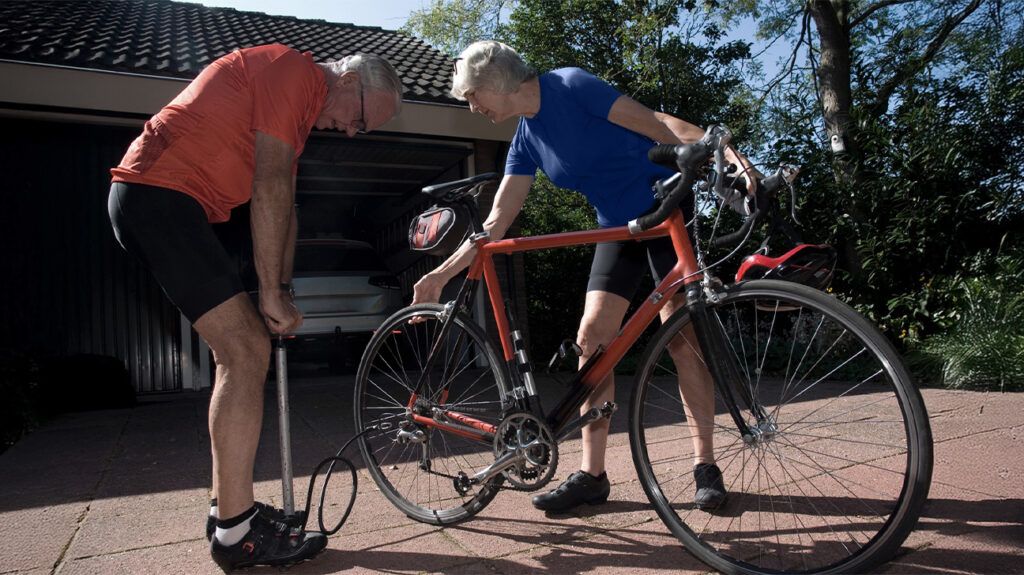Cycling as a Potential Therapy for Parkinson's Disease: Restoring Neural Connections

New research suggests that cycling can help repair neural connections damaged by Parkinson’s disease, offering hope for improved management and quality of life through exercise.
Cycling May Help Repair Brain Damage in Parkinson’s Disease
Scientists have uncovered promising evidence that cycling can aid in restoring neural connections damaged by Parkinson’s disease. A recent study published in Clinical Neurophysiology demonstrated that just 12 cycling sessions over four weeks produced measurable changes in brain activity related to motor control.
Parkinson’s disease affects over 10 million people worldwide, impairing movement due to disruptions in the central nervous system, including the brain. Dr. Aasef Shaikh, lead researcher, explained that exercise might induce brain plasticity — the brain’s ability to rewire itself — outside of the traditionally implicated basal ganglia.
In the study, nine participants with Parkinson’s, all with pre-implanted deep brain stimulation devices, engaged in adaptive cycling exercises. The bike adjusted resistance based on individual effort, providing a personalized workout. Post-intervention, brain signals showed significant improvements in motor-related activity, indicating potential for exercise to promote neural recovery.
Expert opinions from neurologists emphasize that exercise has long been known to benefit Parkinson’s symptoms, but this study sheds light on how these benefits occur at a circuit level. The findings advocate for continued physical activity as a key component in managing Parkinson’s and suggest exploring other modalities like magnetic or electric stimulation.
This research underscores the importance of sustained, long-term exercise for neuroplasticity and highlights the potential for non-pharmacological interventions to modify disease progression.
Stay Updated with Mia's Feed
Get the latest health & wellness insights delivered straight to your inbox.
Related Articles
Emerging Biomarker Could Optimize Melanoma Treatment by Identifying Responsive Patients
A new biomarker could revolutionize melanoma treatment by helping clinicians identify patients most likely to benefit from immunotherapy, leading to more personalized and effective care.
New Metabolic Target Offers Hope for Treating Rare and Aggressive Childhood Cancer
Researchers from the University of Iowa have identified a critical metabolic pathway in an aggressive childhood cancer, opening new horizons for targeted therapies and improved patient outcomes.
Australian Study Warns Back Pain Costs $638 Billion in Lost Productivity
Long-term back pain in Australia may cost the economy up to $638 billion in productivity losses over the next decade. Early interventions and improved management strategies could significantly reduce this burden.



